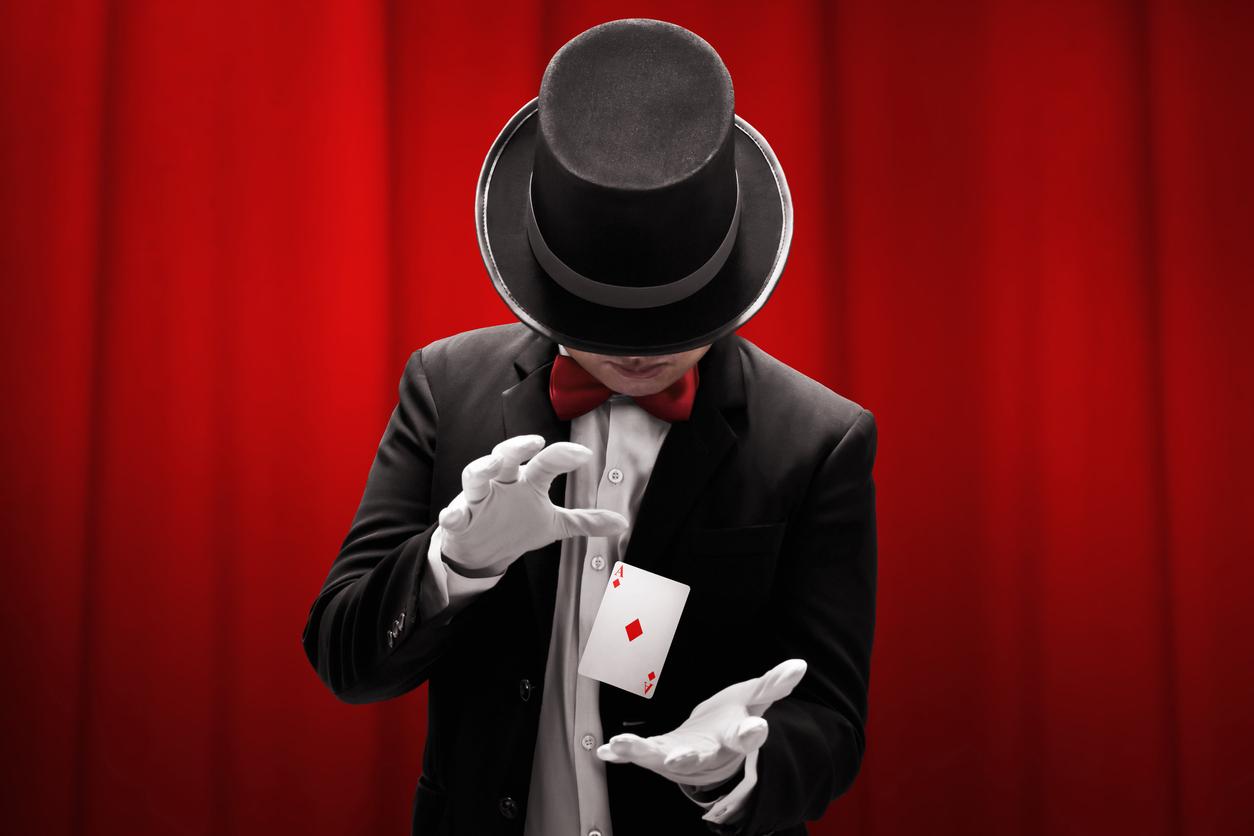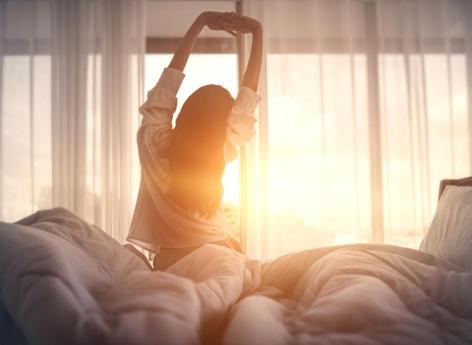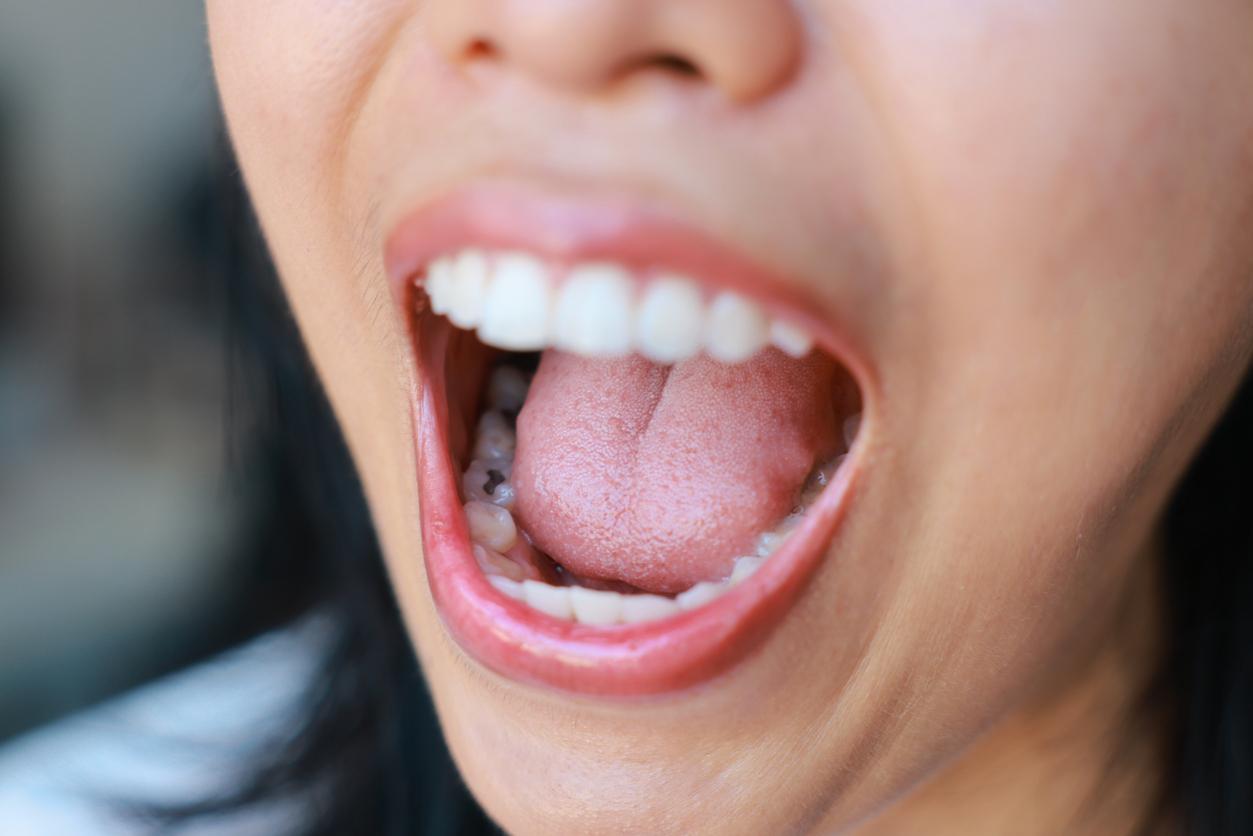These creative minds are less likely to suffer from cognitive impairment or impulsivity than other artists.

- The magicians showed no predisposition to autistic traits.
- They scored lower on almost all psychotic symptoms compared to the general population sample and other creative minds, such as comedians, poets or actors.
- These experts had a very high capacity for concentration and were less prone to psychoses and hallucinations.
Comedian, actor, poet, writer… These professions requiring creativity are associated with mental illnesses. This has been proven. Previous research has shown that comedians, artists and scientists scored higher than the norm on psychotic traits. Scientists in certain fields (science, technology, engineering, and mathematics) scored high on autistic traits. However, magicians would be spared. This is what researchers from the University of Aberystwyth (United Kingdom) revealed in a study published in the journal BJPsych Open.
Autism, schizophrenia: are all creative minds equal?
As part of the work, the team wanted to determine whether magicians, creative minds not previously researched, also had high scores of mental disorders. For this, she recruited 195 British and American magicians, who had 35 years of experience practicing magic. This included mentalists, card experts and big stage magicians. They had to fill out questionnaires assessing their tendencies toward autistic and psychotic traits. These were then compared to a sample of 233 people from the general population and other creative minds, such as comedians, poets, actors and musicians.
Magicians are less prone to psychoses and hallucinations
According to the authors, the magicians performed worse than the general population sample on three of the four measures of schizophrenia (cognitive disorganization, introverted anhedonia, and impulsive noncompliance). They had no predisposition to autistic traits, with results similar to those in the general population. The researchers found that magicians had a very high ability to concentrate, lower levels of social anxiety and fewer instances of unusual experiences, psychoses and hallucinations. “All of these traits are very beneficial to the work of magicians, as they allow them to concentrate and pay attention to their craft without distractions.”

















